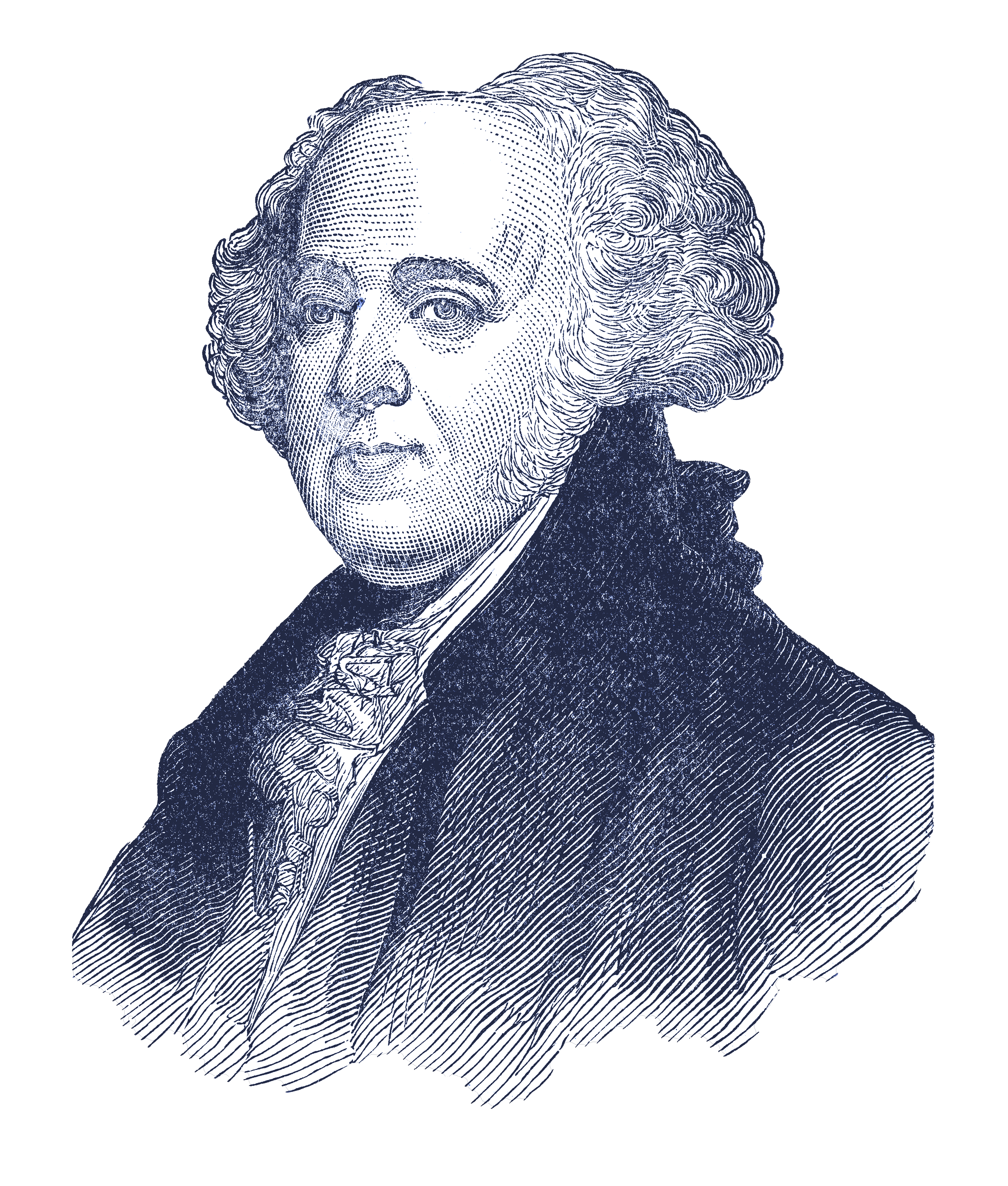In drafting the Declaration, Jefferson said he did not aim “at originality of principle or sentiment” but had merely given “an expression of the American mind.” John Adams observed the Declaration voiced the common views of the day and praised it for that reason. The Declaration’s uniqueness rests in its rhetorical elegance, separation of the Americans from Britain, creation of a new model that is universally valid for building political societies, and elucidation of who Americans are as a people. In defining America’s basic values and commitments, the Declaration becomes the first part of our national compact, making it essential to the Founding of the United States.
How then should the Declaration’s opening two paragraphs be understood, and what should the reader make of the 28 grievances against the King before reaching its stirring conclusion? How should we read this document of elegant, inspirational lines matched with common law grievances and appeals to the providential God for guidance and judgment?
The title and the first paragraph affirm that the document’s main objective is to announce the separation of the Americans from the British and to delineate and justify the causes for that separation. The colonists are now the Americans who assume “the separate and equal Station to which the Laws of Nature and of Nature’s God entitle them….” We have an act of one people, but significantly, it is not a unanimous people, at least not initially. On July 4, while the majority of the people acted to dissolve all ties to Britain, Pennsylvania and South Carolina voted against independence, Delaware was divided, and New York abstained. That would change on July 19 when unanimity was reached, and that fact was added to the Declaration.
The second paragraph famously announces, “We hold these Truths to be self-evident ..." and lists those truths in memorable language, declaring, for example, “that all men are created equal, that they are endowed by their Creator with certain unalienable Rights, that among these are Life, Liberty, and the pursuit of Happiness.” Another of these truths is that governments “deriv[e] their just powers from the consent of the governed,” from which it follows that “it is the Right of the People to alter or abolish” any government that becomes “destructive” of the ends of liberty. The people can then create a new government capable of securing their “Safety and Happiness.”
The self-evident truths in the Declaration are very limited. The first self-evident truth is equality, which the Americans would have understood as basic equality under God, who gave man his life as a moral creature. We are all equal with one another in basic moral claims: life, liberty, and happiness.

“Life, Liberty, and the pursuit of Happiness” are gifts from God that enable us to lead a life of freedom and virtue apart from any comprehensive or absolutist order by the government. The Declaration affirms that freedom is the moral condition of man, and the ground of freedom is virtue, not vice. Freedom must be pursued in definite ways to achieve happiness. John Adams spoke for the Founders when he stated:
[T]he happiness of society is the end of government, as all divines and moral philosophers will agree that the happiness of the individual is the end of man…. All sober inquirers after truth, ancient and modern, pagan and Christian, have declared that the happiness of man, as well as his dignity, consists in virtue.[15]
The pursuit of happiness, or happiness as the measure of a free country, was well known inside the colonies and was frequently a subject of revolutionary pamphlets. It requires the proper establishment of civil society that secures, protects, and defines how it will guard the unalienable rights men have by nature and bring into government. It crucially involves property rights, as John Locke had recognized, but encompasses more than this, entailing the ability to pursue the good unmolested by arbitrary government.
Minister and revolutionary Daniel Shute implored his flock in 1768, “Civil government among mankind is not a resignation of their natural privileges, but that method of securing them; to which they are morally obliged as conducive to their happiness.” Mason’s Virginia Bill of Rights, which Jefferson had in hand while drafting the Declaration, defined “inherent rights” as “the enjoyment of life and liberty, with the means of acquiring and possessing property, and pursuing and obtaining happiness and safety.” The state was made to serve citizens and further man’s social capacity to engage in commerce and build relationships and associations with others. The government itself could become corrupt and had to be designed to prevent this from occurring. Civil society could then be happy when private and public acts of violence were restrained. Here, then, is American happiness.
ENDNOTES:
15. John Adams, “Thoughts on Government,” 1776, https://www.digitalhistory.uh.edu/disp_textbook_print.cfm?smtid=3&psid=3943/ (accessed October 5, 2024).